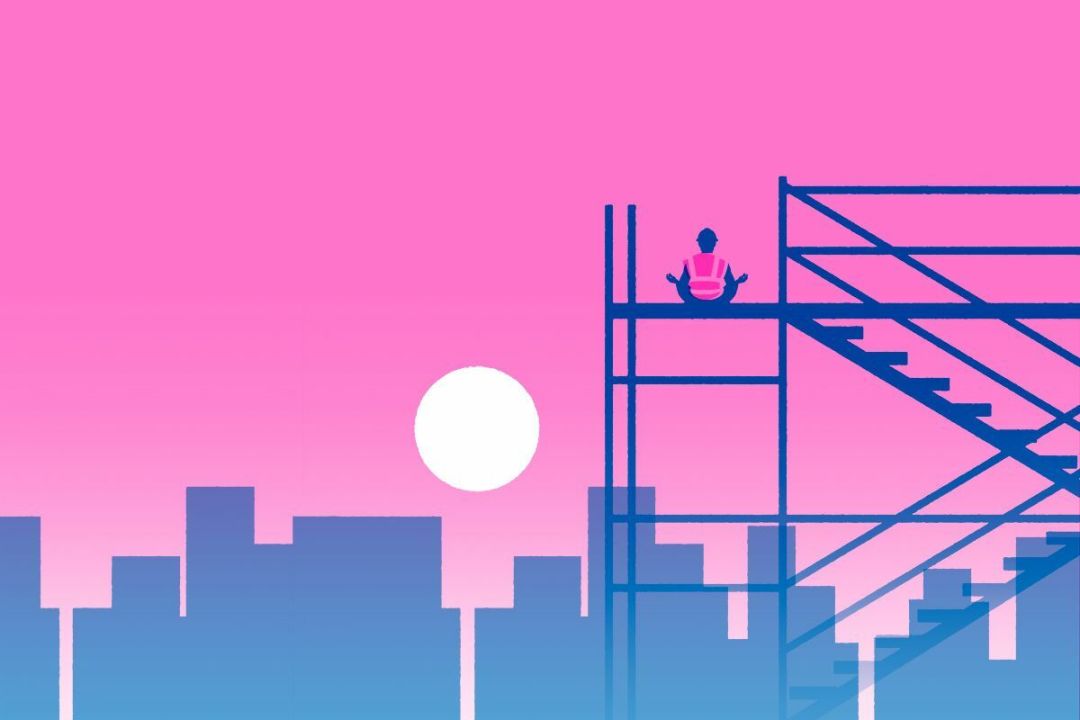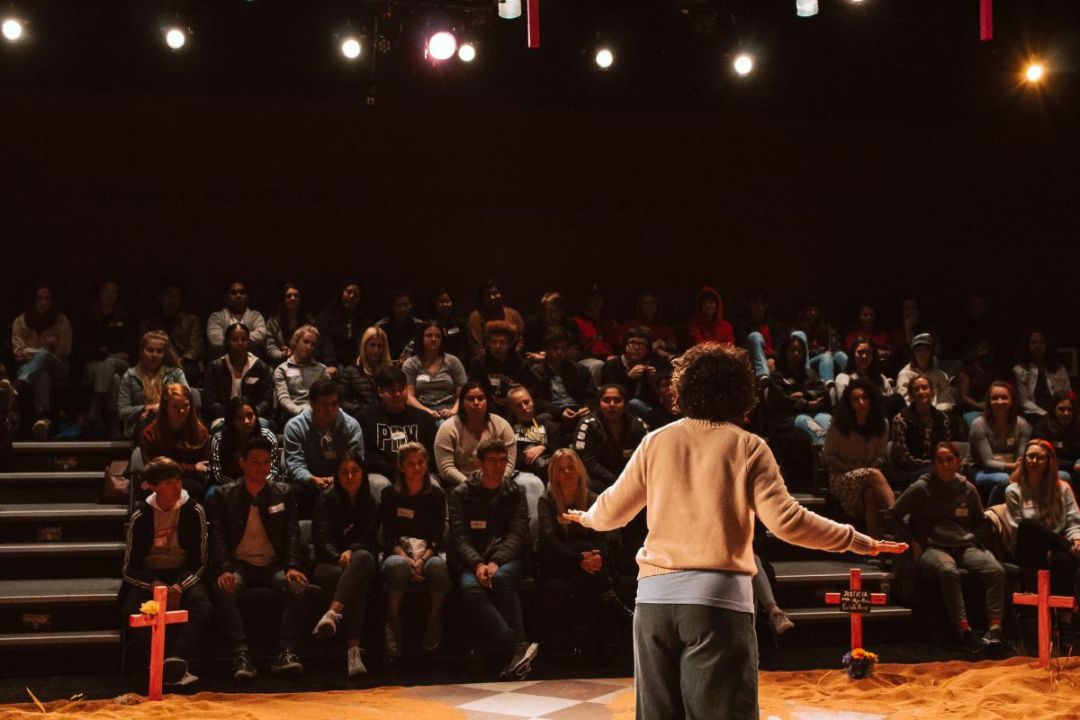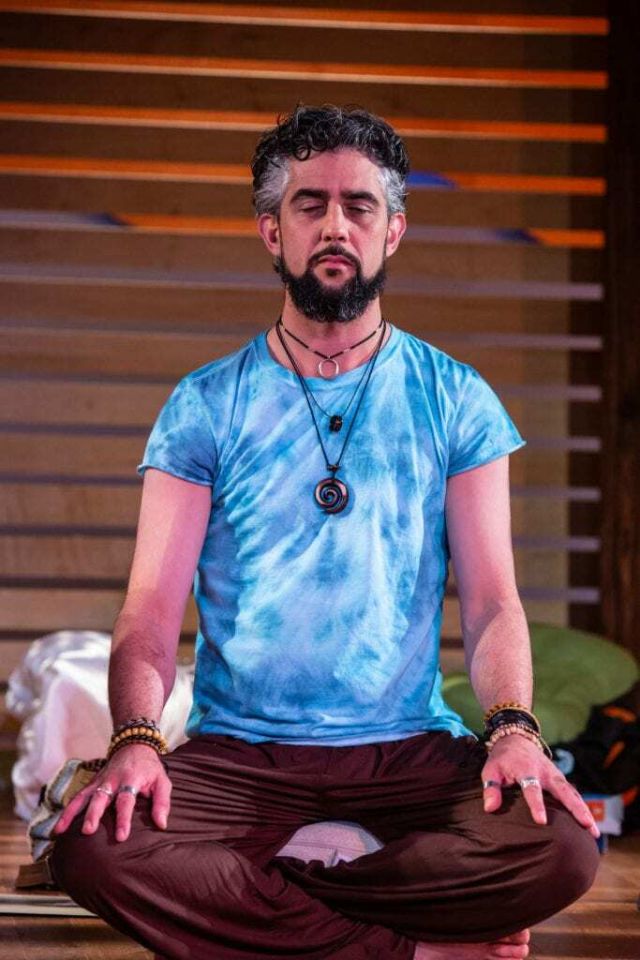Getting That “Rush” From Live Theatre

Image: Aki Ruiz
When I attend a theatrical performance, I often find myself transported to another time and place and suddenly I realize I'm overcome with a whirl of emotions. I might look to those around me to see if they are having the same response. I may even feel uncomfortable sitting with my feelings amongst strangers. What I’m feeling is a neurochemical response to dopamine. Dopamine is most notably involved in helping us feel pleasure as part of the brain’s reward system, but it also plays a role in the functioning of mood. That surge of emotion or “dopamine-rush” reinforces the need for more of that rush. But how does theatre evoke that response? And can it serve as a form of self-care?

Dopamine is a type of neurotransmitter or “chemical messenger” responsible for feeling pleasure and plays a role in your mood.
Image: Aki Ruiz
Theatrical performances are successful when an emotional tether is created between the play and the audience. Connecting intimately with the audience is foundational to the authenticity of a story. As an intimate connection is formed, our brains begin to release the feel-good juice, dopamine. But it’s not just the connection with the performers on stage; it’s also about those connections formed to the story being told, and to the people experiencing it alongside you. What’s more, that level of engagement and intimacy is something that you can’t find on the tv or movie screen.

An audience engaged with actor Christi Miles after a performance of La Ruta at ART.
Image: Kathleen Kelly
Finding meaningful, intimate connections is a complicated and sometimes slow process. Often we seek what is familiar or what is convenient. In the play, The Hombres by Tony Meneses, a group of construction workers are close to one another —they work together, and as Mexican immigrants, they have a lot in common. Plus, they just like each other.

The Hombres by Tony Meneses is a dramady that explores the complexity of masculinity and male friendships.
When Hector finds yoga, it serves as the catalyst for developing deeper connections. The men think they know each other well, by virtue of all being Mexican men, but the lack of complexity of those friendships, seen through the lens of machismo, leaves Hector needing more. He finds it with yoga instructor Julian.
All people, men and women, benefit from the rush of emotions that come with deep relationships. The Hombres transcends Mexican culture and boils down to normalizing intimate male relationships. It’s really about men’s need for connection and authentic relationships. It’s about finding a safe space to be vulnerable and form meaningful connections. It’s about creating a nourishing environment to get a glimpse into how important intimacy is. And if a play or the actors on stage can create that space, then it spills into the audience. And it’s that connection that keeps people coming back to live theatre.

John San Nicolas during the ART production of Small Mouth Sounds.
Image: David Kinder
It’s important to allow yourself the time and space to form those connections. The wonderful thing about theatre is that you get to choose your intention as you enter the theatre space. You show up to experience that surge of emotions in a space with other people. In the last few years, while so many theatres were shut down, those that remained open did so because we recognized the need to build community. I invite you all to come and sit among people and to deeply feel a connection to those on and off stage. You may find yourself centering your breath and aligning it with the person next to you. You may feel a surge of dopamine-driven emotions. You may find yourself taking care of yourself.
The Hombres is the first show of Artists Repertory Theatre’s 40th season. Set in New Jersey, it offers a delicate, funny exploration of masculinity and intimacy of male friendships. Three Latino construction workers are drawn to the yoga studio, initially by voyeuristically watching the women in classes from their job site next door. Gradually, their curiosity draws them in, one by one, to private, after-hours classes with the gay instructor whose sexual orientation challenges their machismo and sense of self. This is a laugh-out-loud, fresh, nuanced look at the complexity of male friendships through the lens of the machismo culture. Tickets are on sale now at artistsrep.org
